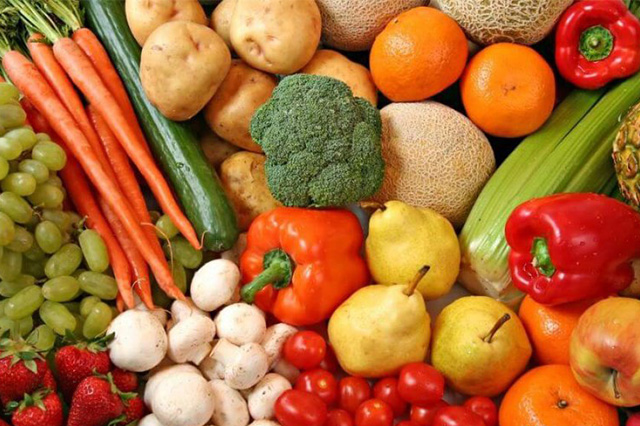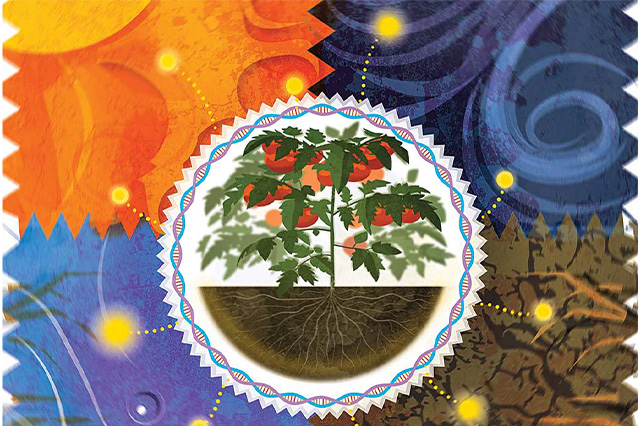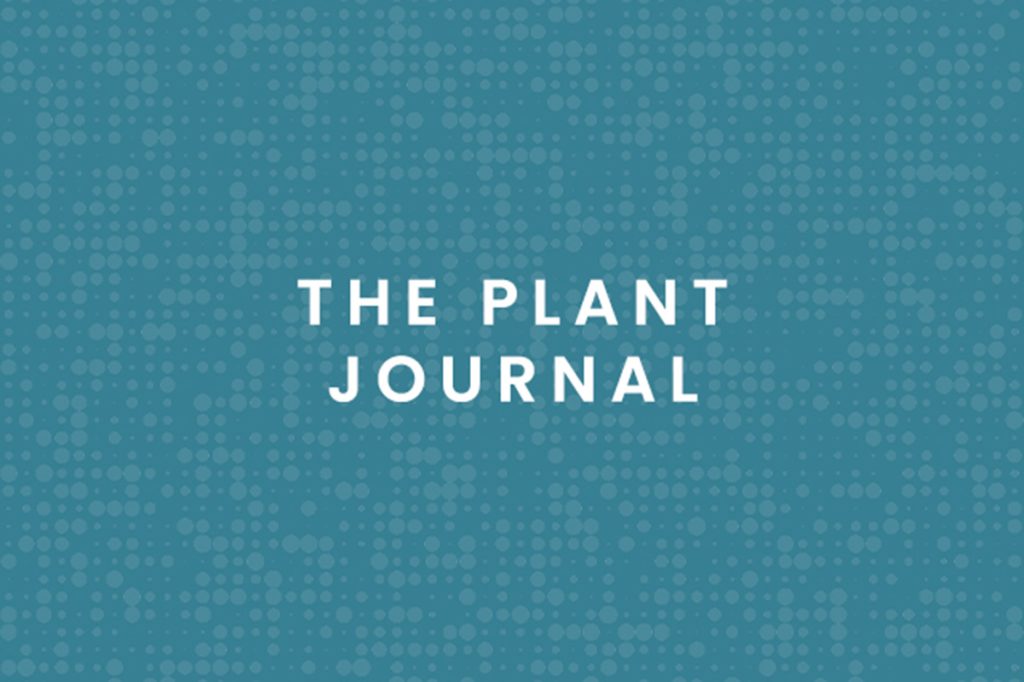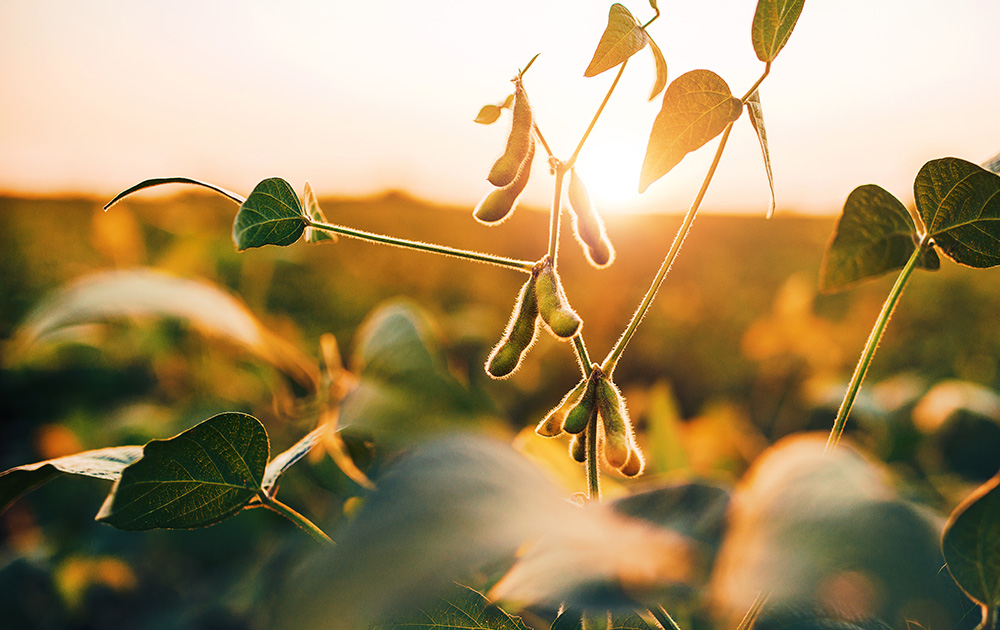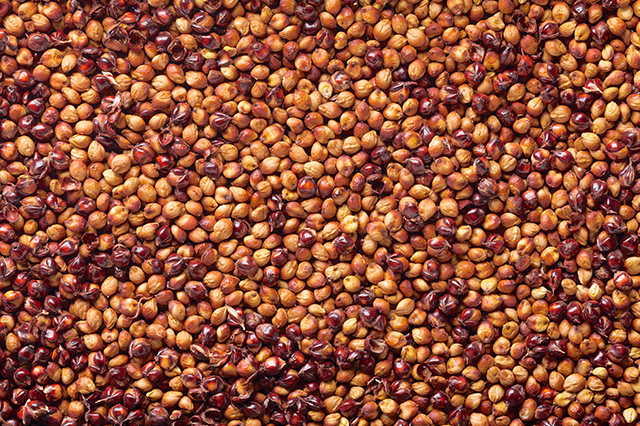Posts Tagged ‘Epigenetics’
Epigenetics Could Alter the Way We Breed Crops for Drought and Climate Change
GENETIC LITERACY PROJECT Crops that can withstand the ravages of climate change or resist killer diseases? Many already have been developed — including varieties of bananas, cassava, wheat and oranges — but they languish on laboratory shelves as their creators navigate the complex, and sometimes contradictory, regulations developed over the years to deal with genetically…
Read MoreFindings by Epicrop Technologies Founder Launches New Era in Epigenetics Applications for Agriculture
SEEDQUEST TechAccel, the Kansas City-based technology and venture development company, today congratulates Dr. Sally Mackenzie, founder of Epicrop Technologies Inc., for publication of an important discovery in the prestigious scientific journal Nature Communications. Read the full article here.
Read MoreEngaging Plant Armor
THE FURROW, A JOHN DEERE PUBLICATION Buried in a plant’s genetic code are abilities such as withstanding heat stress and performing better in drought conditions. By manipulating epigenetic expression, plant scientists have learned to activate these abilities—abilities that stay engaged in subsequent generations. This science isn’t about breaking yield records, though, it’s about achieving yield…
Read MoreSensory plastid-associated PsbP DOMAIN-CONTAINING PROTEIN 3 triggers plant growth- and defense-related epigenetic responses
THE PLANT JOURNAL Sensory plastids are important in plant responses to environmental changes. Previous studies show that MutS HOMOLOG 1 (MSH1) perturbation in sensory plastids induces heritable epigenetic phenotype adjustment. Previously, the PsbP homolog DOMAIN-CONTAINING PROTEIN 3 (PPD3), a protein of unknown function, was postulated to be an interactor with MSH1. This study investigates the relationship of PPD3 with…
Read MoreAn Epigenetic Breeding System in Soybean for Increased Yield and Stability
PLANT BIOTECHNOLOGY JOURNAL Epigenetic variation has been associated with a wide range of adaptive phenotypes in plants, but there exist few direct means for exploiting this variation. RNAi suppression of the plant-specific gene, MutS HOMOLOG1 (MSH1), in multiple plant species produces a range of developmental changes accompanied by modulation of defence, phytohormone and abiotic stress…
Read MoreImplementation of Epigenetic Variation in Sorghum Selection and Implications for Crop Resilience Breeding
FRONTIERS IN PLANT SCIENCE Crop resilience and yield stability are complex traits essential for food security. Sorghum bicolor is an important grain crop that shows promise for its natural resilience to drought and potential for marginal land production. We have developed sorghum lines in the Tx430 genetic background suppressed for MSH1 expression as a means of inducing de novo epigenetic variation,…
Read More